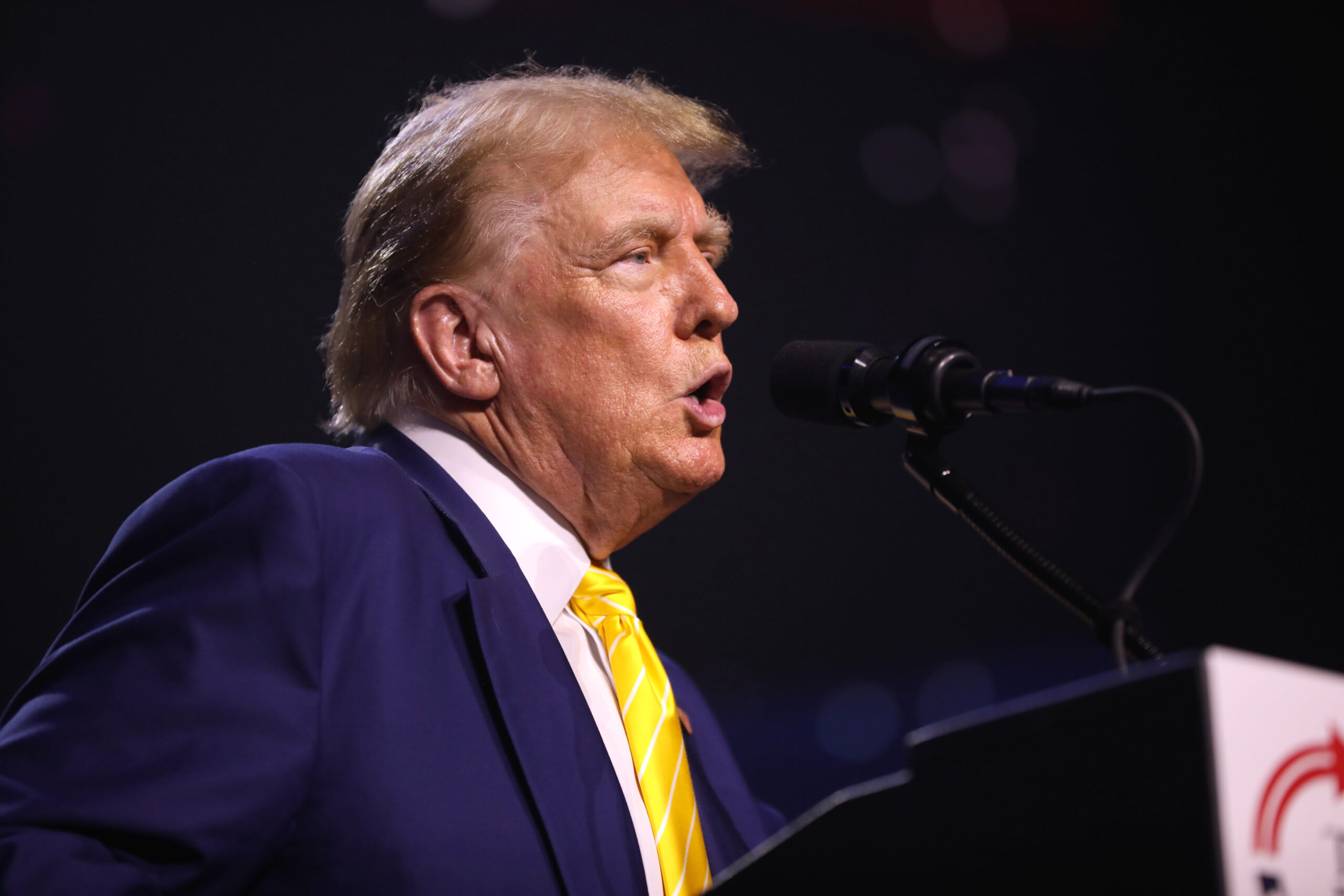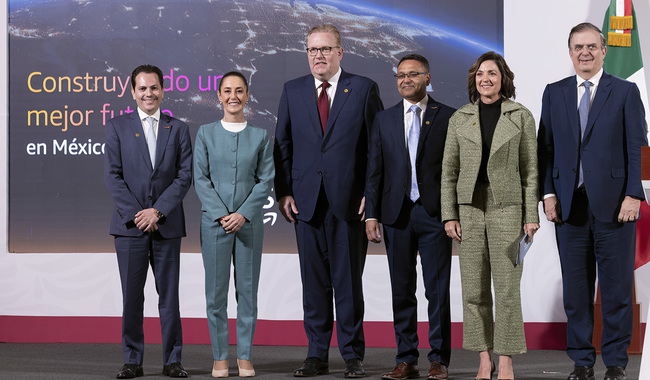Brazil’s Minister of Mines and Energy, Alexandre Silveira, has authorized tests to evaluate the feasibility of importing energy from Venezuela. This move aims to supply Roraima, Brazil’s only state not connected to the National Interconnected System.
Silveira emphasized the importance of South American energy integration, citing existing connections with Paraguay, Uruguay, and Argentina. Roraima currently relies on diesel and fuel oil thermoelectric plants, an expensive and environmentally harmful solution.
The Manaus-Boa Vista transmission line, set to operate by late 2025, will connect Roraima to the national grid. Despite this upcoming integration, Silveira advocates for interconnection with neighboring countries for emergencies and complementarity.
The Ministry of Mines and Energy has approved three-day tests to assess Venezuelan energy imports. This decision underscores the significance of energy integration in the Southern Cone.
However, political relations between Brazil and Venezuela pose challenges. Recent border closures by Nicolas Maduro’s regime and bilateral dialogue tensions complicate matters.
 Brazil Pursues Energy Integration with Venezuela Despite Political Tensions. (Photo Internet reproduction)
Brazil Pursues Energy Integration with Venezuela Despite Political Tensions. (Photo Internet reproduction)Venezuela’s exclusion from the BRICS group during the 2024 Kazan summit in Russia sparked criticism from Maduro towards Brazil. Additionally, Brazil stated it would not recognize Venezuela’s 2024 presidential election results without official voting records.
Silveira argues that diplomatic issues should not overshadow national and regional interests. He stresses the importance of pragmatism in improving people’s lives through energy security.
Until 2019, Brazil imported energy from Venezuela. The former government terminated the contract with Maduro’s regime due to ideological differences.
The minister’s stance reflects a pragmatic approach to energy policy, prioritizing regional cooperation over political disagreements. This move could potentially reshape Brazil’s energy landscape and its relationships with neighboring countries.

 By The Rio Times | Created at 2025-01-16 18:33:16 | Updated at 2025-01-17 06:12:31
11 hours ago
By The Rio Times | Created at 2025-01-16 18:33:16 | Updated at 2025-01-17 06:12:31
11 hours ago








